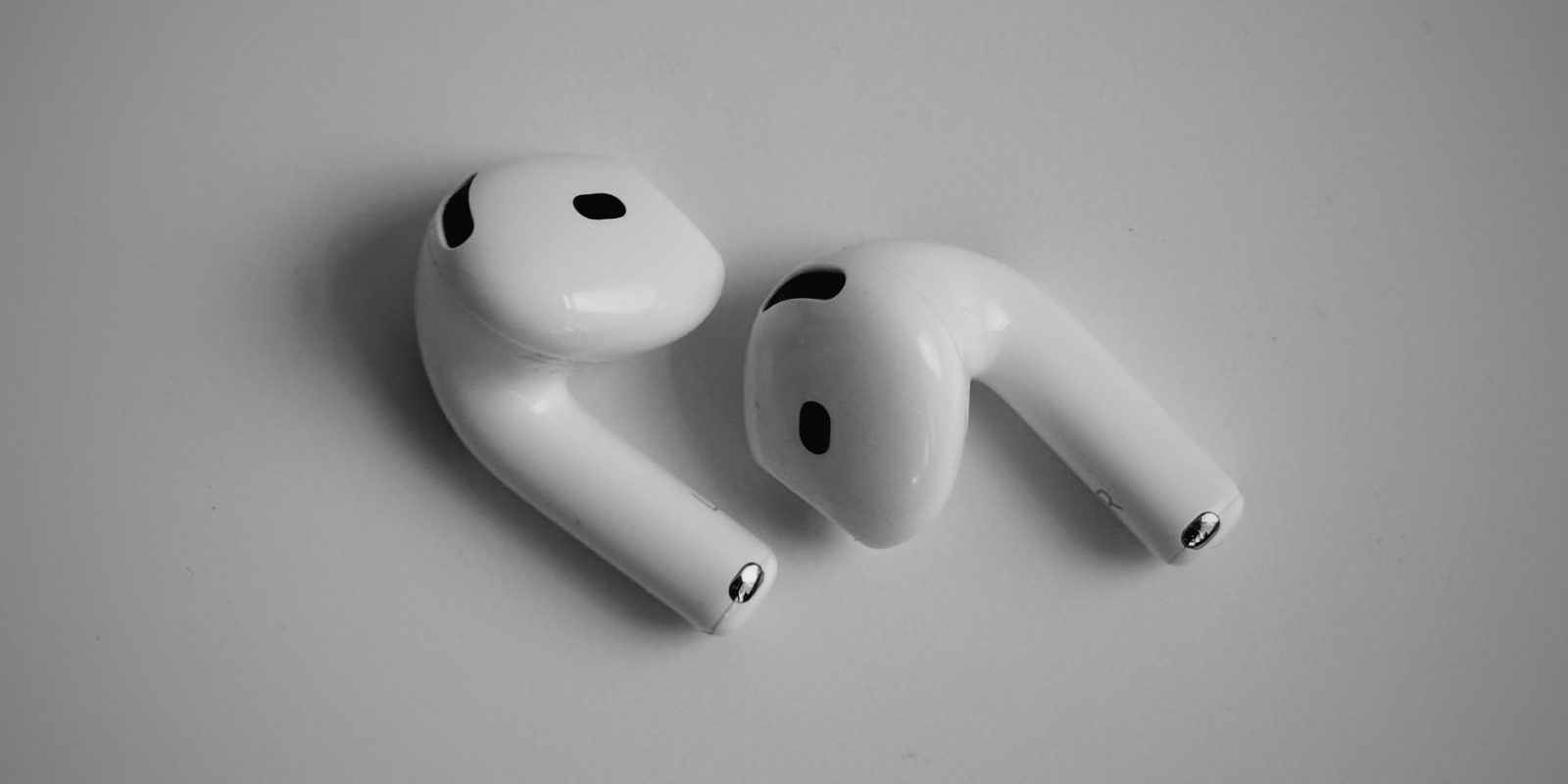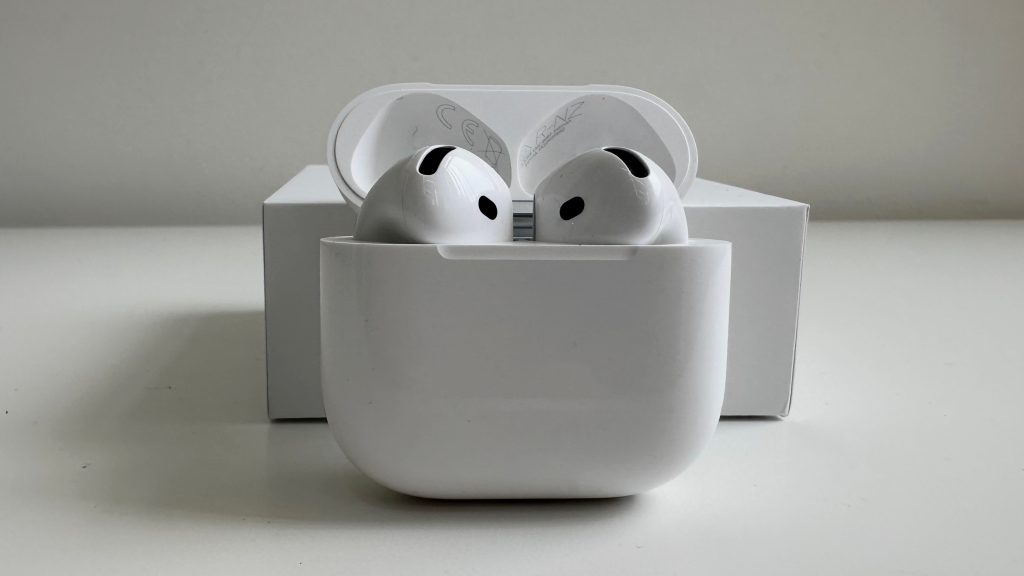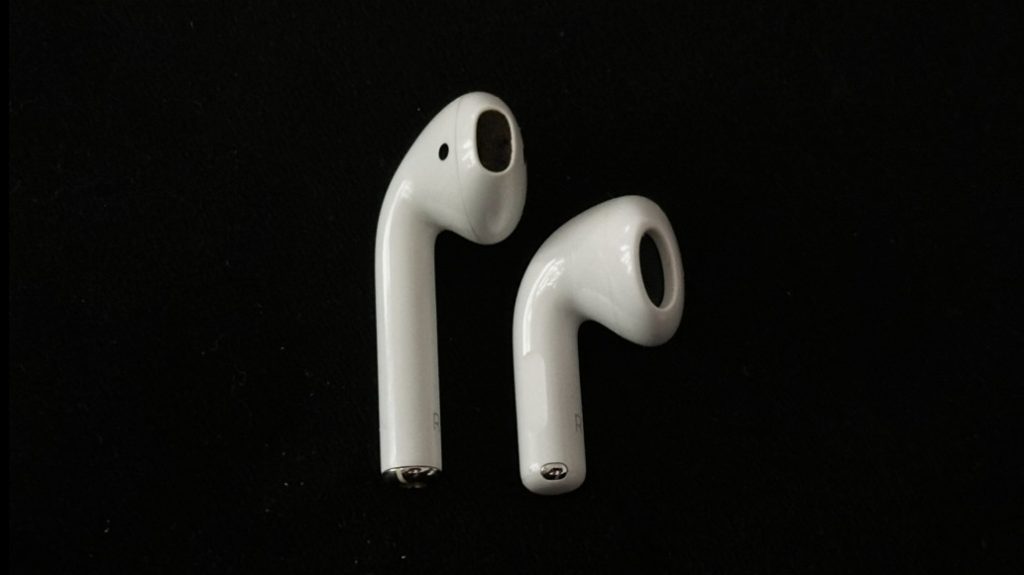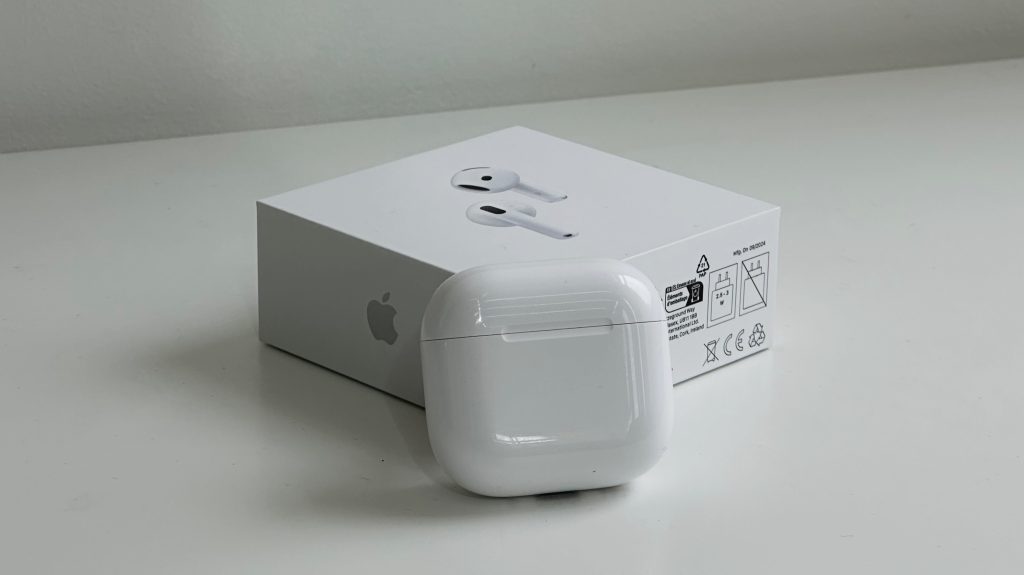
AirPods 4 are here, and they are awesome. As a pair of on-ear wireless earbuds, they are really hard to fault. I have used AirPods 2 for the past five years — skipping the third-generation model due to fit concerns — and AirPods 4 are what I have been waiting for.
The new AirPods are available in two models: $129, or $179 with Active Noise Cancellation. I have the ANC buds and I’m thrilled with them, but I predict even the base model is going to drive a lot of sales this holiday season.
Considering the entire AirPods line, the AirPods Pro are obviously still king. The silicone tips form a perfect seal with your ear, which yields the best conditions for sound quality and noise cancellation. However, I have never felt comfortable wearing AirPods Pro, or most in-ear headphones for that matter. The pressure of the silicone tips inside my ear has never felt comfortable.
Although the Pros will always win on sound quality and feature set, the style of the tips will mean they are always off-limits to me. I had accepted that tradeoff of ergonomics, and figured I’d always be on the lesser track in terms of raw functionality.
Noise cancellation

While that remains true, AirPods 4 get closer to the Pros than ever before. Rewind a year and if someone told me that Apple’s standard earbuds would support active noise cancellation, I would have said you were crazy. And yet AirPods with ANC are here, and it is surprisingly good.
I’ve been using AirPods 4 for the last three days, and I am amazed by how much sound these buds can isolate and cancel out. In most cases, a particular sound is still audible while in the Noise Cancellation mode, but the sound is dramatically reduced.
My gaming PC beneath my desk has three large fans that run to cool the GPU. In an otherwise silent room, you can hear them run constantly. With AirPods in my ears and ANC active, I couldn’t confidently say if the PC was turned on, without looking for the status LED on the case. They are similarly effective at cancelling the low hums and whirrs of my office desk fan.
I had similar success when testing ANC outside. Walking down the street, my footsteps are quietened, the chatter of other people is made barely audible, and the noise of a plane flying overhead was almost silenced entirely.
Even the roar of a passing car’s engine is reduced remarkably well. I couldn’t quite believe it. I would toggle ANC off to confirm that, yes, the engine noise is normally overwhelmingly loud as they rush by. With ANC on, the noise is dampened so much, almost like the sound of grains of rice being poured into a bowl. With music playing at a regular, comfortable volume, all but the loudest environment noise becomes nigh-inaudible with ANC active.
Some sounds, especially if sharp or higher pitch, will break through the AirPods 4 ANC system. Heavy rain was made quieter, but only a bit. The drone of a passing helicopter was pretty loud, too. It’s these kind of situations where the Pros can perform better, taking advantage of the passive cancellation and isolation properties provided by their physical seals.
When ANC is active, I can perceive a feeling of pressure in my inner ear. You can also catch occasional noise cancellation artefacts in the AirPods 4 rendering, akin to a continuous light breeze or whooshing sensation. This is probably because Apple needs to drive the algorithms very hard to compensate for their open-to-the-world buds design.
I don’t think I will keep ANC (or the Adaptive mode) enabled on my AirPods full-time, as I like being able to hear the world around me. But, situationally, it’s a great feature to have. One of the motivating reasons for me upgrading was to use ANC when I mow my garden lawn. With older AirPods, I would have to turn up my music or podcast to 100% volume to just about be able to hear it over the sound of the mower. With AirPods 4, I can long-press on the stem to turn ANC on in a pinch, and cut the grass and comfortably enjoy what I am listening to at the same time. The noise cancellation does not remove the sound of the mower entirely, but it dampens it enough so that I could listen to my podcast, without going above 30% volume.
For what it’s worth, I find Transparency mode to be redundant on AirPods 4. I can hear just fine with all noise control modes disabled. Out of the box, pressing the force sensor on the stem toggles between the Noise Cancellation and Transparency modes. I changed it in the settings to switch between Noise Cancellation and Off. I don’t get value out of the Transparency mode, and I assume having no noise control running saves some battery.
Sound quality and fit

Regarding sound quality, I think AirPods 4 are noticeably better than AirPods 2, and slightly best AirPods 3. Everything sounds balanced and clear, with a twinge more bass than you might expect given the tiny size of the speaker drivers. (The encapsulating Pros will still have the best sound, of course, as no frequencies can escape your ear canal with those.)
I know some people detest it, but I love listening to spatial songs from Apple Music through the AirPods 4. You get a really convincing sensation of being engulfed in the music. If you only tried Spatial Audio when it first launched, I would give it another shot. Artists are getting better at mastering Dolby Atmos versions, and Apple firmware improvements have helped enhance the quality of the effect. For listening to music, use the Fixed spatial mode, not Head Tracked.
Apple says that the AirPods 4 have an entirely new acoustic architecture to enable better sound reproduction. This may be true, but I think users coming from AirPods 3 may find the biggest leap in sound quality arise from the better fit brought about by the 4’s redesigned shape, preventing sound leakage.
AirPods 1 and the (same design) AirPods 2 sit great on my ears. They feel light, they don’t press against the side of my ear canal, and they don’t fall out. Much of the weight of the original design was in the long stems, which protrude outside of the ear. The popularity of AirPods out of the gate speaks to how universally compatible the design was.
The design of AirPods 3 has been more divisive as far as fit goes. I know a lot of people who skipped 3’s entirely because they found they simply wouldn’t stay in their ears, despite having no issues with the prior generations. The AirPods 3 design is much more aggressively bulbous, and felt ‘big’ inside the ear. For me, AirPods 3 would stay in, but they felt far less secure. They could become unseated when talking animately, or yawning. I didn’t have confidence in them, so I stuck it out with AirPods 2.
The AirPods 4 design strikes a middle ground between the AirPods 2 and the AirPods 3. They have the same short stems of AirPods 3, but have significantly shaved down the bud part, so it feels less round and bloated, and (for lack of a better description) a bit more sculpted to the shape of ear holes.
Fit is always individual to each person, but I would say AirPods 4 are close to as comfortable to wear as the original AirPods. I would encourage prospective AirPods buyers that were alienated by the 3’s shape to try again with this new generation. Speaking for myself, now, I have confidence that AirPods 4 will not fall out of my ears, during normal use. I tested them this weekend walking around, on a 15-minute run, and doing my best in situ head-banging simulations. Not only will they not fall out, they reassuringly feel like they won’t fall out.
Value for money

With all these improvements, I think Apple could have gotten away with raising the price on AirPods 4, especially on the ANC version. But they didn’t. In fact, prices have remained the same or decreased, like-for-like. This means the new AirPods 4 lineup is better value for money than ever.
Just last month, Apple would sell you AirPods 2 for $129. For that, you got the buds themselves and a wired-only Lightning charging case. Now, $129 gets you the base model AirPods 4, with a USB-C charging case. That’s a leap forward of two generations worth of additional features: you are getting a smaller, modern, charging case that holds more juice; the latest Spatial Audio features and force sensor controls; computational audio features like Voice Isolation for better microphone recording quality and Adaptive EQ for better sound quality; the latest H2 chip with support for the new Head Gestures, and more.
And for $179, you now get AirPods 4 with Active Noise Cancellation, when previously that same money got you AirPods 3 with no noise cancellation at all, and a Lightning port / wireless charging case in tow. As well as everything else that is new, I appreciate the smaller, more compact, charging case you get with AirPods 4. It even has an integrated speaker to help you find it when it inevitably gets lost. But be aware that the case is now so small that it cannot contain the necessary ring of magnets to attach to MagSafe chargers. It will still charge if it can stay in place, but it will slide straight off a vertical charging stand, for instance.
This is the best AirPods lineup ever (let’s pretend the AirPods Max don’t exist, please). If you can stand the feel of in-ear tips, AirPods Pro 2 are still the go-to recommendation, especially as they are so heavily discounted online these days.
But if like me, you are never going to get along with silicone tips, AirPods 4 with Active Noise Cancellation tick all the boxes. If you are price sensitive, or don’t care about ANC, base AirPods 4 are a great buy too.
Previously, you could argue the case for choosing truly wireless earbuds from other brands, on sale for a bit less money than what Apple charges for AirPods. But AirPods are great, and going elsewhere meant losing out on all the exclusive ecosystem integration features. That’s still true, but now you have another reason to justify the expense. The active noise cancellation on AirPods 4 really works, and is not just marketing hype. I’m simply not aware of any other earbuds that come close to offering the same degree of noise cancellation in an on-ear form factor. It truly makes AirPods 4 stand apart.
FTC: We use income earning auto affiliate links. More.



Comments